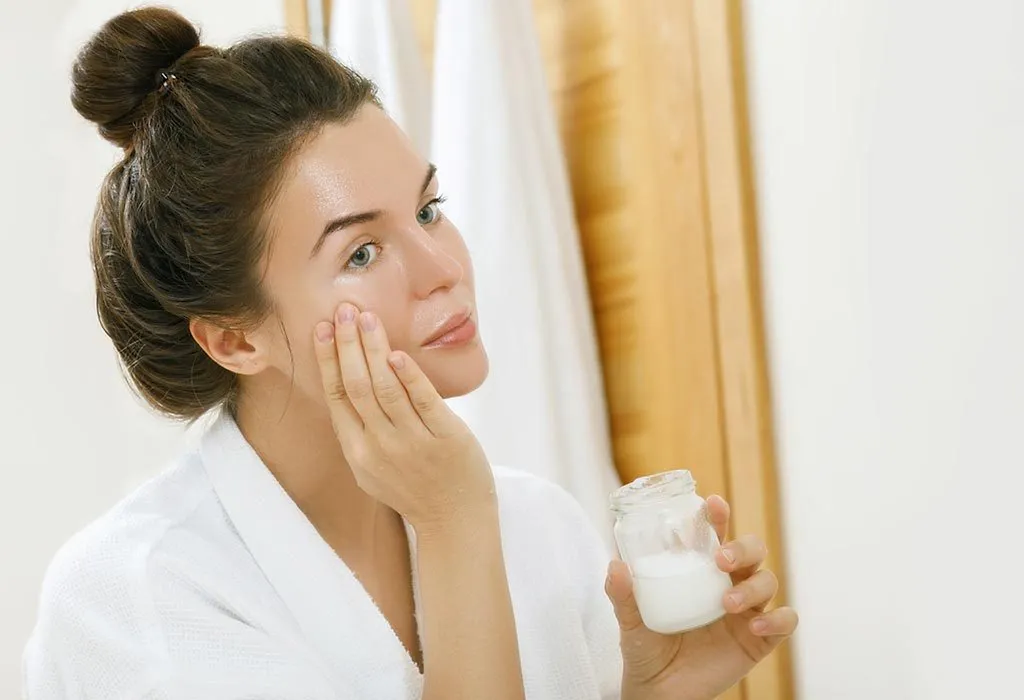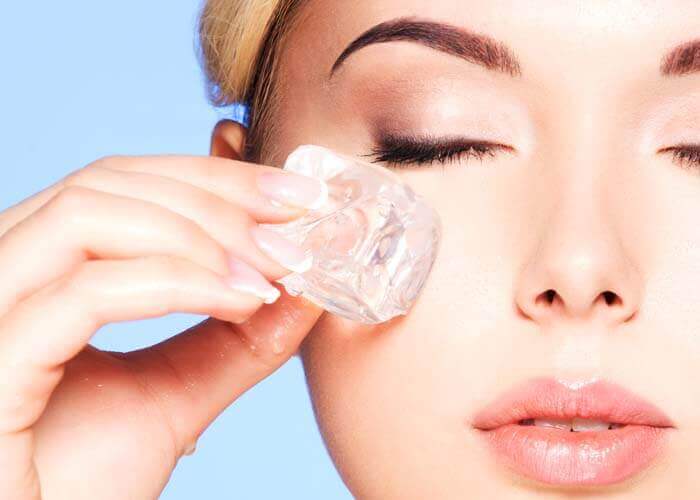10 Home Remedies for Glowing Skin
Healthy skin can be described as glowing skin. You can enhance your skin at home with these 10 tips.
You want to look after your skin because it is the largest part of you. Glowing skin can be a sign that you are healthy and vibrant. Dull, dry skin can make you less confident.
You can incorporate 10 products and lifestyle modifications into your beauty and skin care routine. What’s the best part? All you need is probably in your kitchen, pantry or medicine cabinet.
1. Virgin Coconut Oil Soothes Skin
Coconut oil is rich in antioxidants, anti-inflammatory properties, and healing properties. Coconut Oil may not be suitable for all skin types. If you are allergic to coconut, do not use.
You can use it in many ways if you are able to apply without irritation. Coconut oil can be used to:
- Take off makeup
- Skin barrier protection
- Healthy skin beneath the surface layer is essential for a dewy, healthy-looking complexion
Research indicates that coconut oil can be a great moisturizer. Try massaging coconut oil on your face. Allow it to soak for a few moments before washing with your regular cleanser.
2. Aloe Vera Is Great For Skin Health.
Aloe vera may have healing qualities, and stimulate the growth of new cells. It soothes and moisturizes skin without clogging the pores. aloe Vera can give your skin a healthy glow.
Aloe vera can cause an allergic reaction. It’s safe to use if you don’t react after 24 hours. Rub a little on your forearm.
3. After Washing Your Face, Moisturise Properly.
Moisturize your skin using products that have anti-oxidant properties, lock in moisture and promote healing. This will give you a youthful, glowing appearance. Exfoliate only when your skin feels dry. Don’t skip moisturizing because your face is oily.
After a shower, or after rinsing off your face, apply moisturizer to your skin while it is still moist . It will help to lock in moisture and not just make your skin feel smooth.
4. Wear Sunscreen Daily
Skin cancer can be prevented by wearing sunscreen that has an SPF above 15. Photoaging is the process that causes skin to age.
Apply sunscreen to your skin every morning even if it is raining or overcast.
5. Discover A Cleansing Regimen That Works
It is important to avoid over-washing your skin, as this will cause it to lose moisture. You also don’t need to make your pores produce extra oil in order to compensate.
Washing Your Face After You’ve Worked Up A Sweat is the best way to maintain healthy skin.
6. Smoke And Second-hand Smoke
This increases the oxidative stress in your skin cells, leading to prematurely aged skin. It increases the oxidative stresses within your skin cells. This leads to prematurely aged skin.
Consider your skin when you are considering quitting smoking.
7. Drink More Water
Water is essential for the proper functioning of your skin’s cells. drinking enough water is still being studied, but a 2015 study found a link between drinking more and having healthy skin.
At least eight 8-ounce glasses water should be consumed per day.
8. Skin Care: Eat To Nourish It
A diet rich in fruits, vegetables and other antioxidants will help boost your body’s vitamin and antioxidant levels. According the Mayo Clinic eating healthy fats like fish oil and avoiding processed foods that are high in preservatives can lead to healthier skin.
9. Take Probiotics
Probiotic Supplements can:
- boost your immune system
- improve your digestion
- Reduce bloating, inflammation and pain in the digestive tract
10. Shorten Your Shower
Steam and heat open your pores and can help you eliminate toxins. Running hot water for longer than a few seconds can remove oil from the skin and make it look dull. Avoid exposing your skin to extremely hot water.
Consider cooling the temperature of the shower in the last part to increase circulation. This will give you a younger and more toned face. This may even boost your immune system as an added bonus.
Takeaway
Skin that glows is the result of paying attention to it. Stress, hormonal imbalances, nutritional deficiencies and other health issues can sometimes make it difficult to achieve glowing skin.
If you are concerned about your skin, speak to your primary healthcare provider or dermatologist. Skin that is dull, dry, flaky or patchy can be an indication of another health condition.




Post Comment